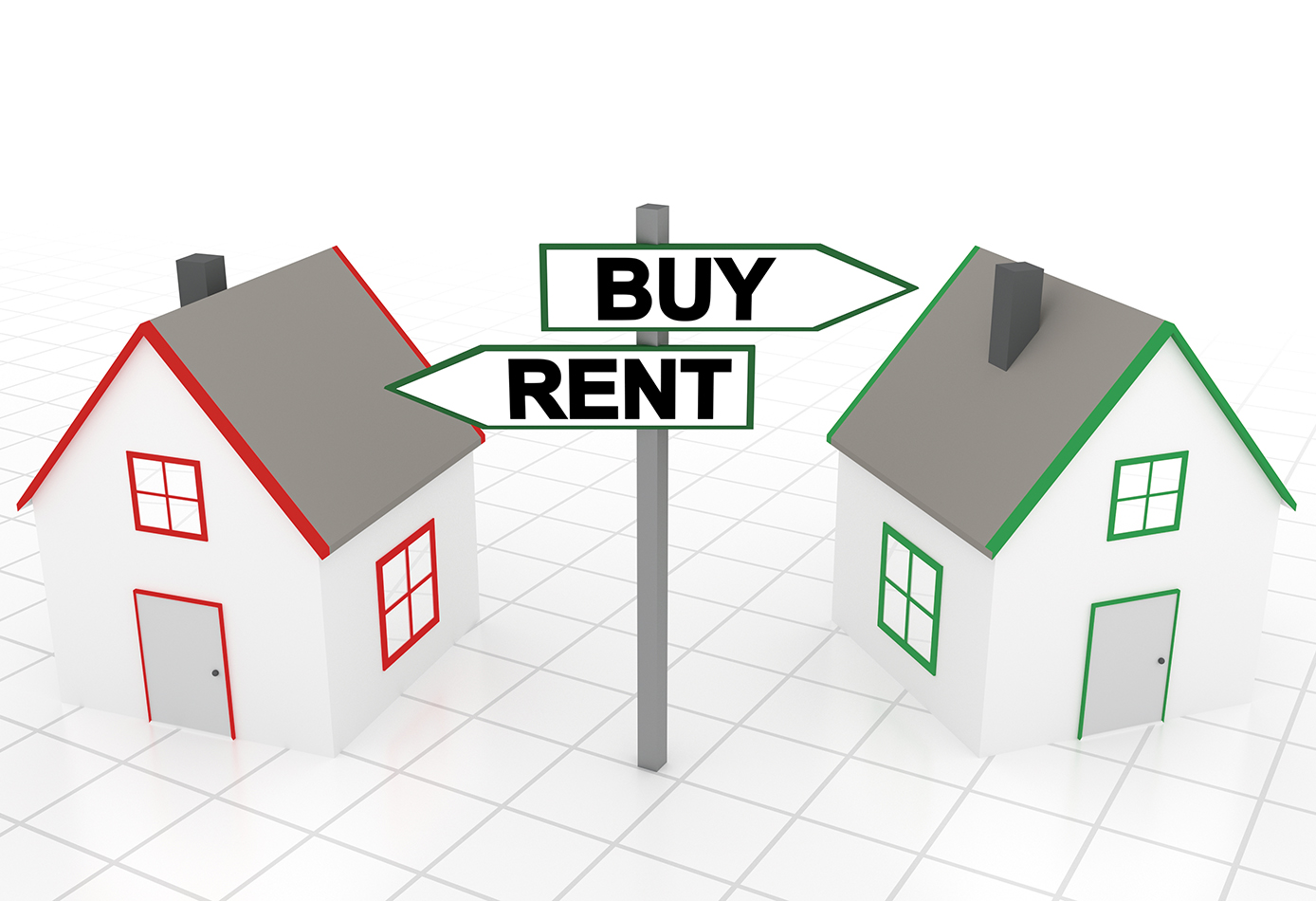More… How Much Will You Really Have?
The key question in the downsizing process is how much money you can really get for your house. The real estate market is still pretty strong across Canada despite the jitters induced by rising interest rates and more restrictive mortgage rules.
Accordingly, now is as good a time as any to be thinking about selling, especially if you bought your home decades ago and have enjoyed relatively steady appreciation since then. Prices have eased in some markets lately, but overall, the national trend is still up, which means you don’t need to hurry your selling decision. Of course, if you’re buying another home, its price will rise, too, so any timing considerations will be a wash.
While market values may look attractive, you have to bear in mind that there are sizable costs involved in selling any home—realtor commissions, lawyer’s fees, taxes, maybe some painting and final touch-ups and then moving costs, new furnishings…. Any credit card or other debt (such as a mortgage) should be paid off, too, and so the pot at the end of the rainbow often contains a lot less than expected.
“People aren’t pulling out as much as they thought from the sale because they underestimate the costs,” Dorfman says. Speaking of one owner who paid eight per cent in total on realtor fees and other expenses to sell his home, he adds: “The seller got 92 per cent of the value of the home, not 100 per cent. If he or she is moving to a condo, there will be transaction costs on the buy side, too, including land transfer taxes [also known as welcome taxes] and other expenses.”
“It depends on what you want in your new place, too,” Toronto TD Wealth’s Smith says. “If you want to buy a bungalow or condo and you’ve done a lot of upgrades to your house over the years, such as granite counters and marble washrooms, are you going to want those same things where you’re going? Will you have the money for them? What are you expecting, and then what will that cost?”
In addition, house prices can vary dramatically within a city, as well as between cities. “We’ve seen people sell their house in the suburbs and want a condo in the city core so they can have all the amenities—restaurants, shopping, public transit,” Dorfman says, but moving into the city affects the equation.
“The cost of a condo in the core can be as much as what you get from the sale of your suburban house,” Dorfman says. “A 3,000-square-foot house in the suburbs may be worth the same as a 1,500-square-foot condo downtown. Of course, the opposite is true if, for example, you move from the city centre to a small town.”
“If you’ve grown up in the city with everything at your doorstep, though, and you move to a smaller city, you’re going to miss all those things,” Smith says. “Or you may have spent two weeks a year over the past 20 years at a cottage in New Brunswick, loved it, and want to move there. You may have this image of what it’s like, but two weeks isn’t the same as living there. In this situation, renting is not a bad option, because you aren’t tied down if you change your mind.”
Jonathan Braun, a manager of tax and estate planning at IGM Financial in Winnipeg, says, “Keep in mind that a condo may be smaller and less expensive to buy, but it will have its own costs in the form of condo fees, taxes, and so on. Depending on the building and age, you can also become liable for special assessments if major repairs are needed.
“The markets vary in every city,” Braun says. “The Toronto market is significantly different from the market here on the prairies. Prices are different and the costs of owning versus renting can be very different. In Toronto, for example, it may be easier to find rental accommodation, but everything is a lot more expensive.”






